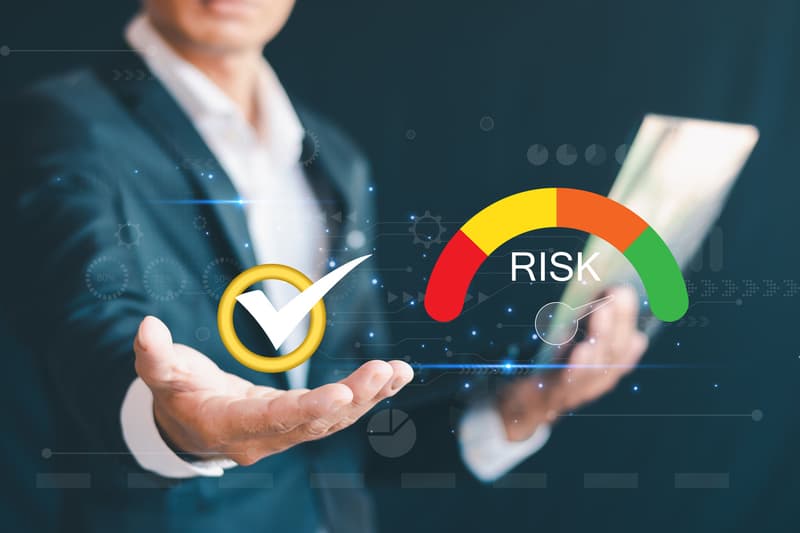If you’re looking to get a personal loan, an insurance policy, or any other form of personal finance, you will have to fill out a personal financial statement. This type of statement is required by financial institutions and lenders before they can approve you for any type of loan. This means that you will have to give them all of your information in order to get the loan that you want. So what is it and what does it mean?
When you apply for a bank loan, a mortgage, or anything else that involves borrowing money, lenders will ask for personal financial statements. This is also true of credit cards, job applicants, and any other form of financial funding. It’s a way of the lenders to determine whether or not you are financially stable and if you are, how much of a risk you are to them. Lenders use personal financial statements to determine how likely you are to default on the loan or pay off the debt. Also, they are used to help them decide whether or not you will be able to pay them back in a short period of time. If you aren’t financially stable, then the lender is going to want to look at your personal financial statements before deciding whether or not you are a good risk.
Another common reason for a personal financial statement is when you’re applying for a small business loan. For example, if you are starting up a new business, they will want to know what your business assets are and what your personal assets are. They will want to evaluate what you have invested in your business as well as your personal assets. If you have significant assets like real estate, vehicles, jewelry, or other expensive items, they may require you to give them a complete personal financial statement so that they know what kind of risk you pose to them if they grant you the loan.
A personal financial statement is important before you get a business loan. Your lender needs to know what kind of risk you pose to them. It’s not enough just to say you don’t have any money. Even if you don’t have any collateral or any outstanding loans, lenders will still want to know what you’re doing with your personal financial statements before they ever give you a business loan. It’s important for them to know what you’ve been doing with your personal money, where it’s gone and if you have any financial health problems.
Your personal financial statements are also used by investors in determining your worthiness for investment. If you’re going to invest in a company, you must have a good idea of what that company is worth based on its personal financial health. Investors use personal finance reports to determine whether you will make a profit or a loss when they give you investment money. It makes sense that you should have some way of documenting your personal finance health.
You can get started with a basic personal financial statement by taking a look at your most recent statement and your last five years’ financial records. Then you’ll need two years of income statements and three years of expenses statements to give the lender an idea of how your income and expenses fit into your total assets and liabilities. This will give the lender a fairly good idea of what is a good personal financial statement for you to work with.
After you get your financial statements, take them to a law firm or accounting firm to check them for accuracy. If you have a legal name but no business name, look for the legal name on your statements and attach a copy with your statement. If you have a business but no legal name, look for the business name and attach a copy with your statement. Your balance sheet will show all of your debt and assets. It may be necessary to adjust your balance sheet to show more current information about your personal financial position.
There are many resources to help you with your personal financial statements. You can access sample personal financial statements and instructions online. Some banks even offer free financial reports and samples that you can view online.


